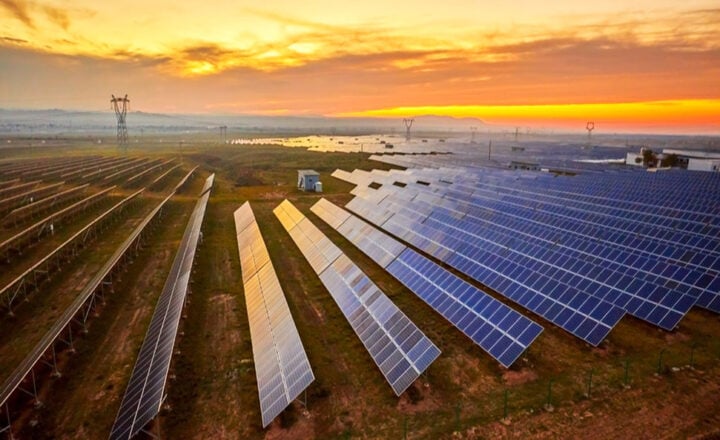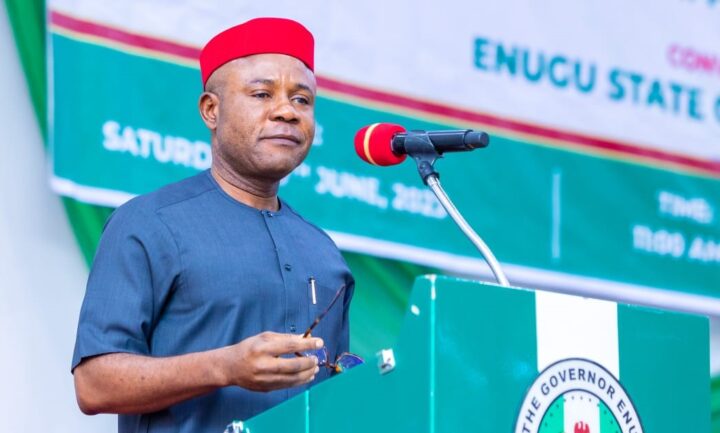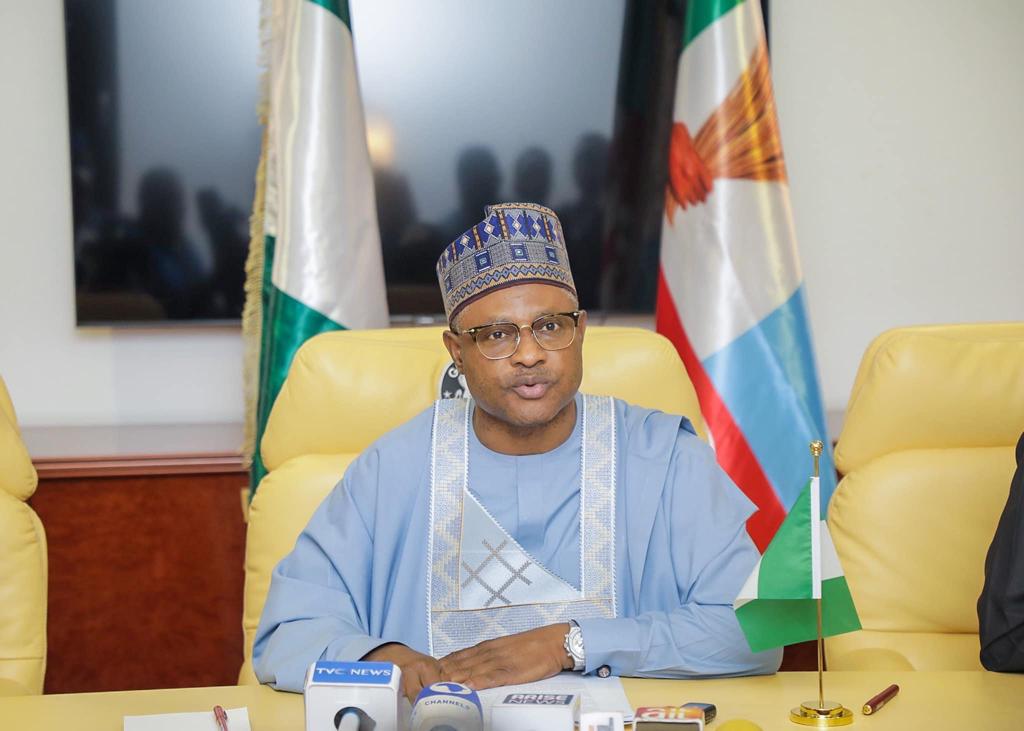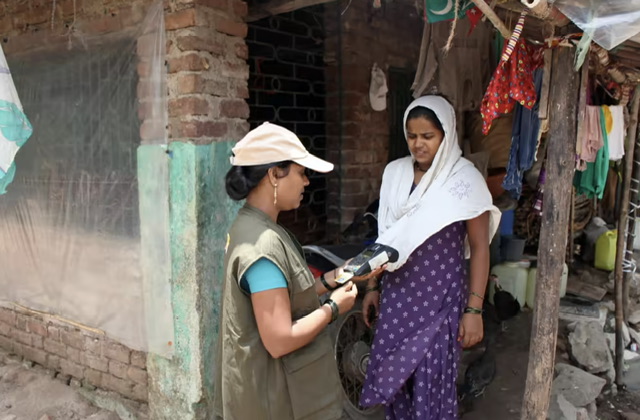BY CHARITY MIGWI, CHRISTIAN HOUNKANNOU AND ALY SAGNE
The global community is at a crossroads, with climate change posing a dire threat to the planet’s future. Like many other developing nations, Senegal faces a critical challenge in meeting its growing energy demands while mitigating the adverse effects of climate change.
The country’s current energy mix is heavily reliant on fossil fuels, which are both polluting and expensive. This has led to high levels of energy poverty with many Senegalese people unable to access reliable and affordable electricity.
As a signatory to the Paris Agreement, Senegal has committed to reducing its greenhouse gas emissions and transitioning towards a sustainable, low-carbon economy. To achieve this, it is imperative that Senegal prioritises renewable energy investments over fossil fuels.
Advertisement
In June 2023, Senegal and the International Partners Group (IPG) comprising France, Germany, the European Union, the United Kingdom, and Canada, announced a new Just Energy Transition Partnership (JETP). The JETP will provide Senegal with €2.5 billion in new and additional financing to help the country accelerate its transition to a clean energy future over the next three to five years. The JETP, which targets the deployment of renewable energy to reach 40% of installed capacity by 2030, is a welcome development and has the potential to make a significant difference in Senegal’s energy sector.
It is important that these funds are actually channelled to renewable energy projects instead of fossil gas or perpetuating the reliance on fossil fuels, which are a major source of greenhouse gas emissions and are not compatible with Senegal’s commitment to sustainable development.
In this regard, there is a great deal to be done to ensure robust policies and pathways that counter greenwashing and dangerous distractions associated with JETP deals. Senegal has abundant solar and wind resources, which could be used to generate decentralised clean and affordable electricity that meets the needs of its people. The JETP could also help Senegal to develop its renewable energy export market, creating new jobs and opportunities for economic growth while maintaining a cleaner and healthier environment for its people.
Advertisement
However, the JETP deal is not without fault as the political declaration states that: “Senegal intends to use its natural gas resources as a transitional energy in the perspective of a low-carbon and climate change resilient socio-economic development leading to a significant decrease in emissions compared to the baseline scenario (BAU) of the energy sector as defined in the 2020 NDC, through a gradual phase-out of heavy fuel oils”.
This is counterproductive as the use of gas and other fossil fuels is not in line to limit global temperature increase to 1.5°C. Furthermore, gas infrastructure investments inhibit the progress towards a decarbonised energy system by locking countries into long-term dependency on fossil fuels, undermining the transition to renewable energy sources. These investments tend to have a long lifespan, creating a risk of stranded assets as the world increasingly moves away from fossil fuels. This could be a deliberate tactic, potentially benefiting external entities, such as the IPG, in the short term. This short-sighted approach could result in Senegal being left with stranded assets, hindering economic benefits and hampering the country’s ability to fulfil its domestic energy needs.
The JETP must recognise that true justice lies in ensuring that the most impacted communities benefit from the transition, and this can only be achieved through people-centred renewable energy solutions. By prioritising renewable energy investments, Senegal can extend electricity access to remote and marginalized communities that currently lack reliable energy sources.
Renewable energy technologies, such as off-grid solar systems, can provide affordable and sustainable power solutions, improving living standards, supporting education, and enabling economic activities. Furthermore, the deployment of renewable energy in rural areas can foster job creation and empower local communities, ensuring that the benefits of energy access are equitably distributed.
Advertisement
The success of the JETP calls for a participatory process that provides for consultation and inclusion of the Senegalese citizens in the implementation of the JETP. Senegalese civil society has an important role in making the JETP process more inclusive and transparent by calling for early stakeholder engagement and ensuring the representation of workers and community members’ interests in the final processes, decisions and implementation. There is a need to build trust between the government and key stakeholders. Greater transparency would also bolster political will and ensure that the support for the JETP deal is longer term.
The JETP is a chance for Senegal to make a major step forward in its transition to a clean energy future. It is important that the funds are used judiciously and that they are channelled to renewable energy projects that will benefit the people of Senegal and the planet. The next steps necessitate the determination of the nature and composition of financial instruments on offer under the JETP. Transparency on not only the amount of money in the headline but also the delivery, governance and grievance mechanisms of that funding is crucial to prevent wastage of resources in trying to meet the hidden conditionalities of the finance. Bearing in mind the urgency of the energy transition globally, timely disbursement of funding will be key in setting the transition in motion.
Migwi is the Africa regional campaigner at 350.org; Hounkannou is an African regional organiser (Francophone) at 350.org; Sagne is the founder of Lumière Synergie pour le Développement (LSD)
Advertisement
Views expressed by contributors are strictly personal and not of TheCable.
Add a comment






